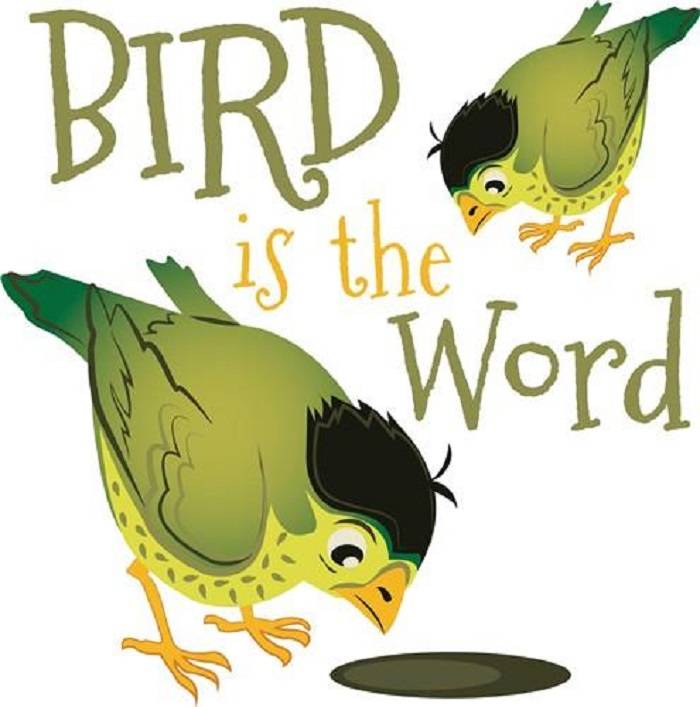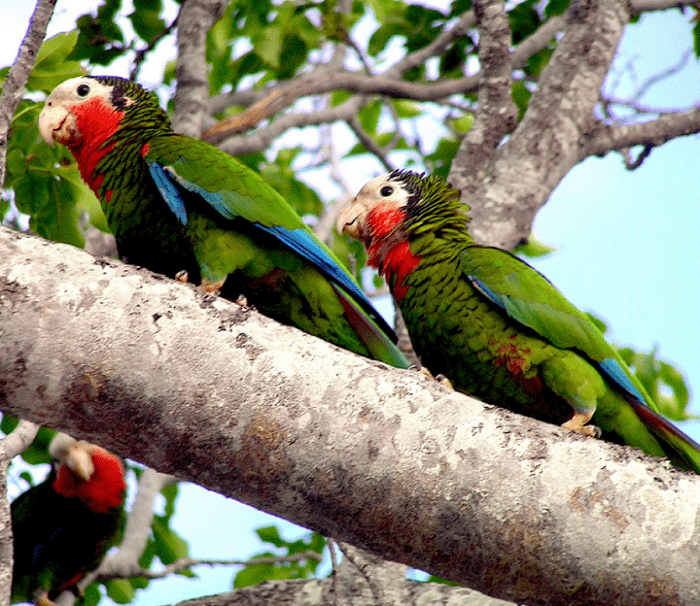“The bird is the word” – a seemingly simple yet endlessly enigmatic phrase that has captivated the imagination of people around the world for decades. From its origins in popular culture to its enduring presence in music, film, and literature, this cryptic expression has sparked curiosity, debate, and speculation among enthusiasts and scholars alike. In this exploration, we delve into the fascinating history and cultural significance of “The Bird is the Word,” unraveling its mysteries and uncovering the myriad ways in which it has left its mark on the collective consciousness.
Origins: From Pop Culture to Mainstream Media
The origins of “The Bird is the Word” can be traced back to the 1960s, when it first gained prominence as the title of a song by the R&B group The Rivingtons. Released in 1963, “Surfin’ Bird” combined elements of rock and roll, doo-wop, and surf music to create a catchy and irreverent anthem that quickly became a hit on the charts and on the airwaves. The song’s infectious chorus – “The bird is the word” – soon entered the lexicon of popular culture, spawning countless covers, parodies, and references in music, television, and film.
Cultural Impact: From Music to Memes
Over the years, “The Bird is the Word” has evolved from a catchy pop tune into a cultural phenomenon, with its influence extending far beyond the realm of music. In the world of television, the phrase gained renewed popularity in the 1990s thanks to a memorable episode of the animated series “Family Guy,” in which the character Peter Griffin becomes obsessed with the song and its accompanying dance. The scene, which features an extended sequence of Peter performing the “Bird Dance” to the tune of “Surfin’ Bird,” became an instant classic and solidified the phrase’s place in the annals of pop culture history.
Interpretations: Decoding the Meaning
Despite its ubiquity in popular culture, the meaning of “The Bird is the Word” remains a subject of debate and interpretation. Some view it as a whimsical expression of freedom and individuality, a reminder to embrace the joy of life and follow one’s own path. Others see it as a cryptic aphorism, a riddle wrapped in a mystery, hinting at deeper truths and hidden meanings yet to be revealed. Still, others interpret it as a playful nod to the absurdity of existence, a reminder not to take life too seriously and to find humor and laughter in the midst of chaos and uncertainty.
Legacy: Enduring Influence and Continued Resonance
Despite the passage of time, “The Bird is the Word” continues to resonate with audiences of all ages, its timeless appeal transcending generations and cultural boundaries. From its origins in the 1960s to its resurgence in the 1990s and beyond, the phrase has left an indelible mark on the cultural landscape, inspiring countless artists, musicians, writers, and filmmakers to explore its themes and imagery in their work. Whether as a catchy pop tune, a memorable television moment, or a viral internet meme, “The Bird is the Word” remains as enigmatic and intriguing as ever, inviting us to ponder its meaning and embrace its irreverent spirit.
The Bird Is The Word
In conclusion, “The Bird is the Word” stands as a testament to the enduring power of language, music, and culture to inspire, entertain, and provoke thought. From its humble beginnings as a catchy pop tune to its transformation into a cultural touchstone, the phrase has captured the imagination of people around the world and sparked countless conversations and interpretations. Whether viewed as a whimsical expression of freedom, a cryptic aphorism, or a playful nod to the absurdity of existence, “The Bird is the Word” continues to fascinate and intrigue, reminding us of the boundless possibilities of language and the mysteries that lie waiting to be uncovered. So the next time you hear someone utter those immortal words, take a moment to ponder their meaning and embrace the mystery of “The Bird is the Word.”




